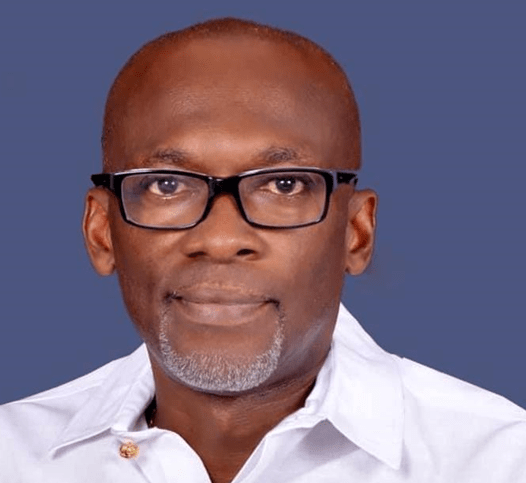By Peter Martey AGBEKO (APR)
One of the greatest challenges Ghana faces today is the issue of non-compliance and the lack of enforcement of laws. This is a significant reason why we are where we are as a country—struggling with issues that could have been easily resolved had the laws been followed and enforced.
People get away with all kinds of infractions, and as a result, we are seeing the deterioration of public order, environmental health, and general societal discipline. Galamsey, is a typical example. I’ll address that in a subsequent article.
Years ago, the Kwame Nkrumah Circle area in Accra was a perfect example of how effective enforcement can lead to positive results. When Warrant Officer Class 1 (W.O.1) Salifu Amankwah, an ex-soldier, was put in charge of this area, he did a remarkable job of keeping it clean and orderly.
His firm but fair enforcement of laws related to the environment and public safety transformed the space, making it clean and beautiful at all times. It was a clear demonstration of how, when the laws are applied, significant improvements can be made.
The stark contrast between law enforcement in Ghana and Rwanda is an eye-opener. As a journalist, I had the opportunity to visit Rwanda twice—once in August 1994, during a UNAMIR mission shortly after the genocide, and again in July 2022 for a Roman Catholic Conference for journalists. The changes I witnessed over the span of 28 years were nothing short of remarkable.
In 1994, Rwanda was in a state of recovery, and understandably so. The roads were dusty and untarred, the environment was neither particularly clean nor very dirty, and the service industry was struggling. The people were reserved, likely still reeling from the horrors of the genocide. However, there wasn’t anything that stood out in terms of public order or law enforcement at the time.
Fast forward to 2022, and the transformation was like night and day. Kigali, the capital, along with other places we visited, was immaculately clean. The most striking feature of the environment was the presence of rubbish bins at close intervals, aiding in maintaining cleanliness.
During my stay, I did not see a single plastic bag or rubbish lying on the ground—an impressive feat in a region where waste management can be a challenge. In contrast, a large portion of the rubbish in Ghana, particularly plastic waste, litters both the land and sea, contributing to environmental degradation.
The roads in Rwanda were another marvel of compliance. Motorcycles and vehicles stopped dutifully at traffic lights, and pedestrians were respected, with zebra crossings serving their purpose effectively. Unlike in Ghana, where jaywalking is common, there was strict adherence to traffic rules in Rwanda.
I observed no signs of non-compliance. The most notable element, however, was the ban on plastic bags. Anyone found attempting to bring plastic bags into the country faced severe consequences, with no amount of pleading capable of averting the long arm of the law. The same strict enforcement applied to traffic offenses.
What stood out to me was the atmosphere of respect for the law. In Rwanda, there was not just compliance but also a strong enforcement mechanism to back it up. This combination has transformed the country into one of the cleanest, most orderly nations in Africa. The message was clear: when laws are enforced, society benefits.
This brings us back to Ghana. Our laws are well-established, but the lack of compliance and enforcement renders them ineffective. If we as a nation can shift towards a culture of compliance and insist on the strict enforcement of our laws, many of our current issues—ranging from environmental degradation to lawlessness on the roads—would be significantly mitigated.
Ghana has the potential to thrive, but this can only happen if we prioritise enforcement and hold people accountable for their actions. It is time for a collective awakening and a renewed commitment to enforcing our laws for the betterment of our country.










